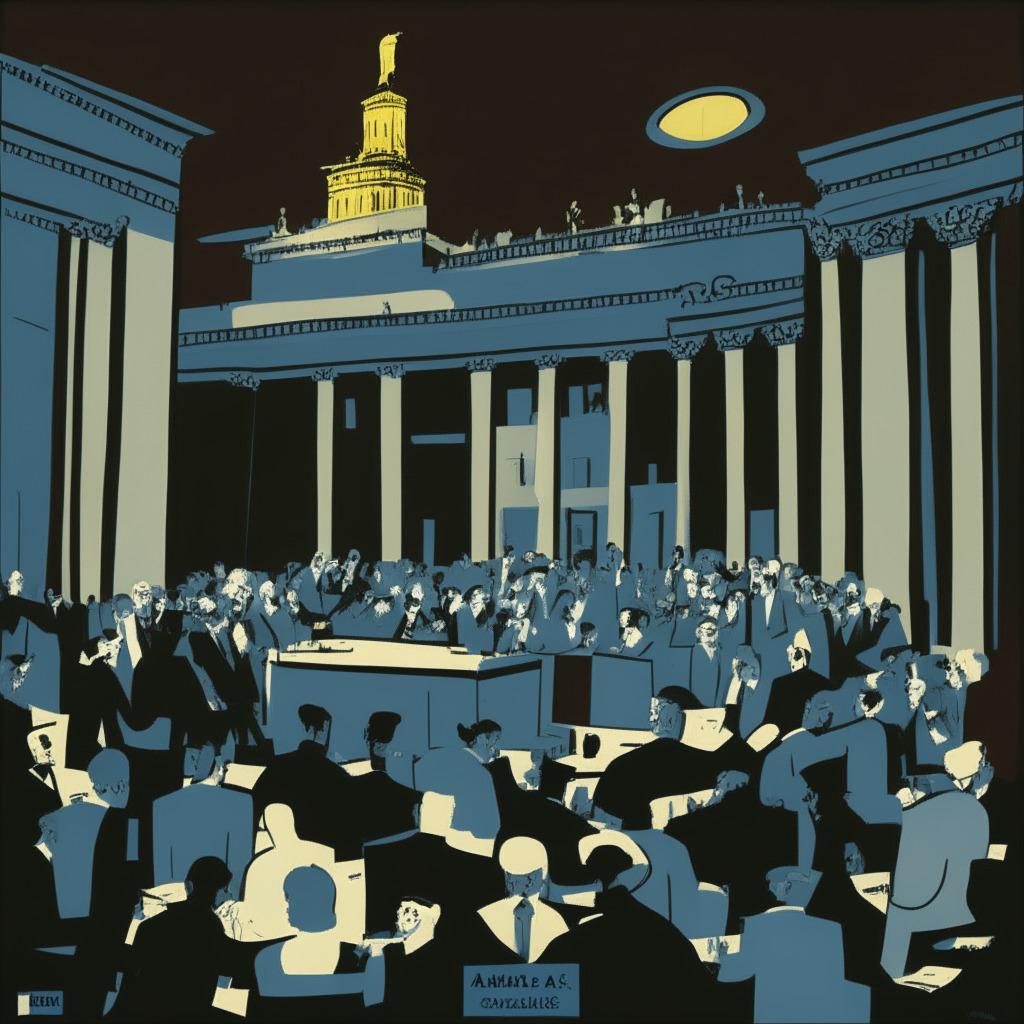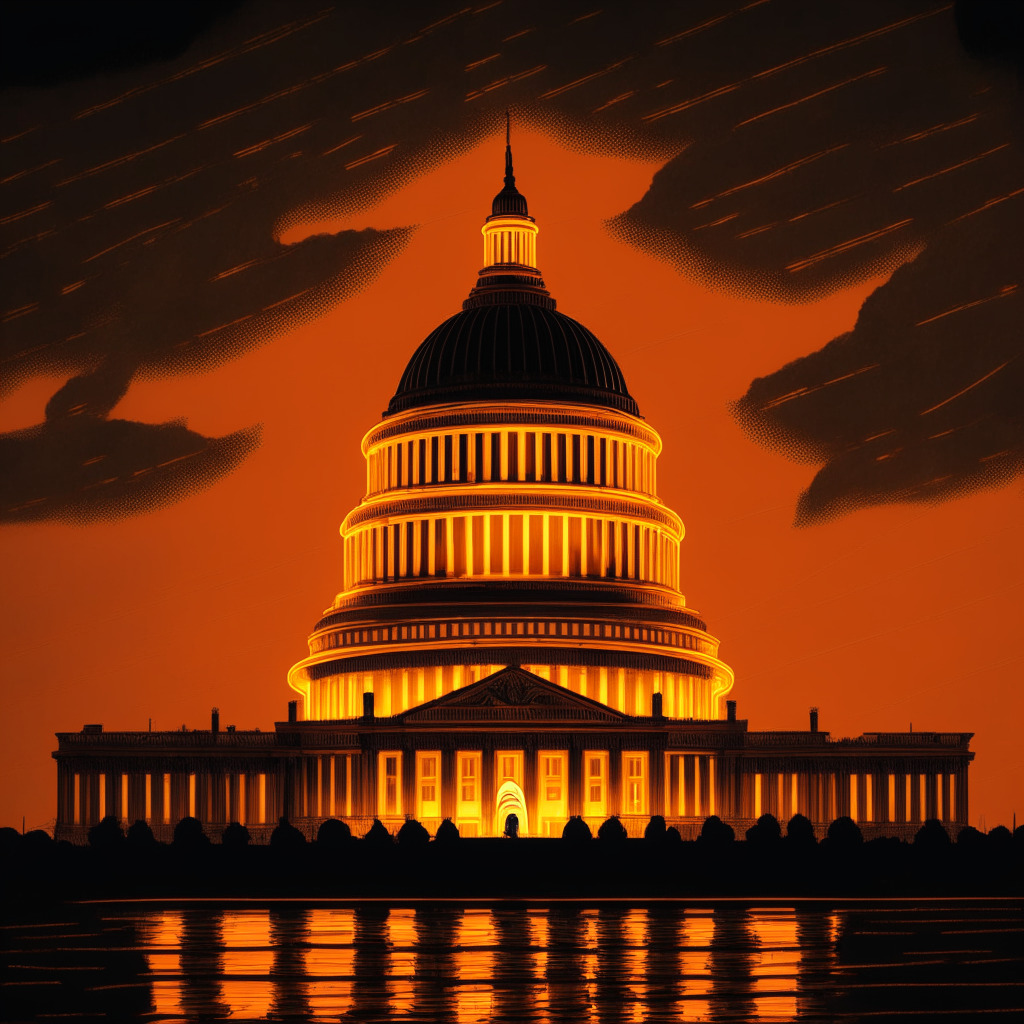The United States Senate dodged a proverbial bullet on Saturday evening, with the passage of a bipartisan bill preventing a government shutdown. Crossing the line with just three hours to spare and a vote of 88 to 9, this critical legislation keeps the machinery of government oiled for another 45 days, until November 17. President Joe Biden immediately sealed it into law, praising the bipartisan efforts to prevent needless suffering for many hardworking Americans.
The Democratic senators solidly backed the measure, which garnered tepid support amongst Republicans. With the House of Representatives also approving the bill at a margin of 335 to 91 earlier during the day, the whole process hinged on bipartisan co-operation.
The future of this much-needed short-term funding was anything but certain. Particularly, the absence of funding for Ukraine, a major Democratic demand, was a fly in the ointment. Many Republicans vehemently opposed it. Yet, the bill navigates around such friction points, focusing on universally agreed on sectors like disaster relief.
In an effort to garner support, the House speaker opted for a two-thirds supermajority vote. This served to emphasize the dire repercussions of a shutdown, especially for Americans in uniform. Striving to prioritize the well-being of the American public, he underscored the need to assure payment to those who put their lives on line for the nation.
What is worth noting here is the potential fallout of a government shutdown, not only on the conventional economy but the burgeoning menagerie of the crypto market. A stalemate would have negatively impacted several crypto bills in the pipeline, effectively shaping the future of cryptocurrency regulation.
Recently in July, the House Financial Services Committee endorsed several key crypto-focused bills, including the Financial Innovation and Technology for the 21st Century Act (FIT), the Blockchain Regulatory Certainty Act, the Clarity for Payment Stablecoins Act, and the Keep Your Coins Act. Potential floor votes during the ongoing Congress session could put these substantial reforms into effect.
Sequentially, it’s no surprise that many pending bills boast bipartisan support, with a high chance of passing in floor votes, as observed by Ron Hammond, the Blockchain Association’s director of government relations. However, he voiced concerns about potential political landmines, capable of sinking any bill or deal. So the story continues, a dance between approval and opposition, with the future of digital currencies hanging in the balance.
Source: Cryptonews




